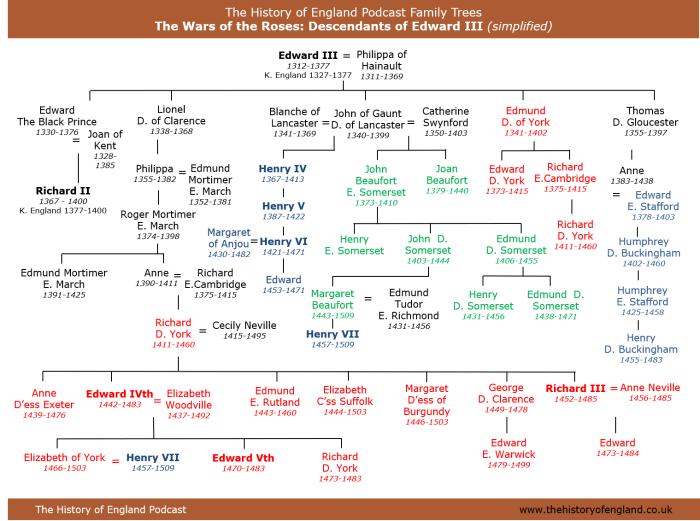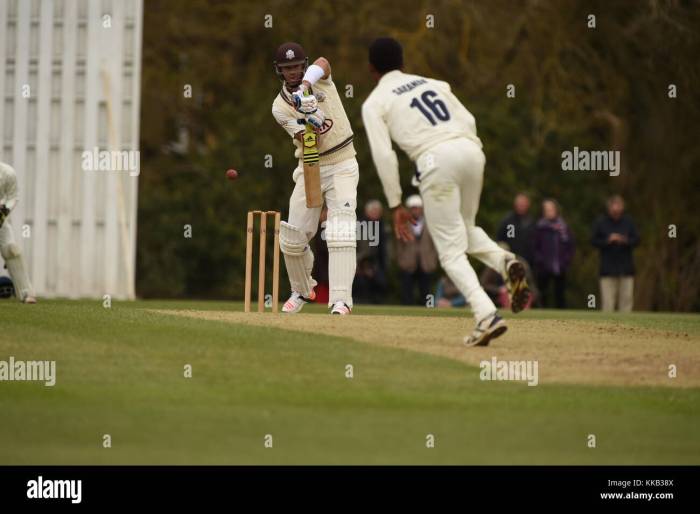Oxford and surrey richard iii – Richard III: A Journey Through Oxford and Surrey uncovers the fascinating connections between the enigmatic king and these historic English counties. From his royal visits to rumored hiding places, this exploration sheds light on Richard’s complex legacy.
This article delves into Richard III’s relationship with Oxford University, his visit to Surrey, and the evidence suggesting he may have sought refuge there.
Historical Context of Richard III

Richard III was the last king of the House of York and the last of the Plantagenet dynasty. His reign was marked by controversy and turmoil, and he was eventually killed at the Battle of Bosworth Field in 1485.Richard’s significance in English history lies in his role as the last king of the Plantagenet dynasty, which had ruled England for over 300 years.
Oxford and Surrey were at the heart of the search for Richard III’s remains, but their rivalry has been overshadowed by a larger conflict. Just as the two universities competed for the discovery of the king’s body, the Cold War superpowers faced off in a global ideological battle.
Yet, amidst the political tensions, the academic pursuit of Richard III’s legacy continued, reminding us that even in the face of global conflicts, the search for historical truth endures.
His death marked the end of an era and the beginning of the Tudor dynasty.
The Battle of Bosworth Field
The Battle of Bosworth Field was a decisive battle in the Wars of the Roses, fought on August 22, 1485. Richard III was defeated and killed by Henry Tudor, who became King Henry VII. The battle marked the end of the Plantagenet dynasty and the beginning of the Tudor dynasty.
Discovery of Richard III’s Remains
In 2012, Richard III’s remains were discovered in a car park in Leicester. The discovery was a major archaeological find, and it has helped to shed new light on Richard’s life and death. The remains were identified using DNA testing, and they were buried in Leicester Cathedral in 2015.
Richard III’s Connection to Oxford and Surrey

Richard III’s connections to Oxford and Surrey are less well-known than his other associations with English locations. However, these connections provide valuable insights into his life and reign.
Richard III and the University of Oxford
Richard III had a close relationship with the University of Oxford. He was a patron of the university and granted it a number of privileges, including the right to print books. In 1483, he visited Oxford and was received with great ceremony.
He also granted the university a charter that confirmed its privileges and granted it the right to elect its own chancellor.
Richard III’s Visit to Surrey, Oxford and surrey richard iii
Richard III visited Surrey in 1483. This visit was significant because it was the first time that a reigning English king had visited the county since Edward IV in 1469. Richard’s visit was likely intended to show his support for the people of Surrey and to demonstrate his authority over the county.
Richard III in Hiding in Surrey
There is some evidence to suggest that Richard III may have spent time in hiding in Surrey after the Battle of Bosworth Field in 1485. According to one account, Richard fled to Surrey after the battle and hid in the woods near Guildford.
He was eventually captured and killed by Henry VII’s forces.
Cultural Depictions of Richard III

Richard III has been portrayed in various cultural mediums, including Shakespeare’s play “Richard III” and numerous film and television adaptations. These depictions have shaped our understanding of this enigmatic figure.
Shakespeare’s Depiction
Shakespeare’s play “Richard III” presents a highly theatricalized portrayal of the king, emphasizing his physical deformities and ruthless ambition. Richard is depicted as a cunning and manipulative villain, responsible for the deaths of several characters. While Shakespeare’s depiction is captivating, it is important to note that it is a dramatized version of events and not an accurate historical account.
Historical Accuracy
Scholars have debated the historical accuracy of Shakespeare’s portrayal of Richard III. Some historians argue that Shakespeare exaggerated Richard’s physical deformities and cruelty, while others maintain that the play accurately reflects his character. The truth likely lies somewhere in between, with Shakespeare using artistic license to create a compelling and memorable villain.
Adaptations
Richard III’s story has been adapted into numerous films and television series. Notable adaptations include the 1955 film starring Laurence Olivier and the 1995 film starring Ian McKellen. These adaptations have varied in their portrayal of Richard, ranging from the villainous interpretation of Olivier to the more sympathetic depiction of McKellen.
Richard III’s Legacy: Oxford And Surrey Richard Iii

Richard III’s brief and tumultuous reign left an indelible mark on English society. His legacy has been shaped by historical interpretations, cultural depictions, and ongoing debates surrounding his character and motivations.
The Impact of Richard’s Reign
Richard’s reign was characterized by political instability, economic decline, and social unrest. His accession to the throne was controversial, and his rule was marked by executions, land confiscations, and the establishment of a network of loyal supporters.
- Political Instability:Richard’s reign was marked by a series of rebellions and power struggles, culminating in the Battle of Bosworth Field in 1485, where he was killed by Henry Tudor.
- Economic Decline:Richard’s reign coincided with a period of economic downturn, with inflation, high taxes, and the decline of trade.
- Social Unrest:Richard’s policies and actions alienated many of his subjects, leading to widespread discontent and social unrest.
Historical Debates Surrounding Richard’s Character
Richard III has been a subject of historical debate and controversy for centuries. His character and motivations have been interpreted in various ways, ranging from villainous to misunderstood.
- The “Tudor Myth”:The negative portrayal of Richard in Shakespeare’s plays and other Tudor sources has been seen by some historians as a biased and distorted account.
- The “Rehabilitation of Richard”:In recent decades, there has been a growing movement to reassess Richard’s character, arguing that he was not as evil as traditionally portrayed.
- The Ongoing Debate:The debate over Richard’s true nature continues today, with historians and scholars still grappling with the complexities of his personality and actions.
The Shaping of Richard’s Legacy
Richard III’s legacy has been shaped by a combination of historical interpretations and cultural depictions. Shakespeare’s play “Richard III” has had a profound impact on the public perception of Richard, portraying him as a ruthless and ambitious tyrant.
- Historical Sources:Historical documents, including chronicles, letters, and legal records, provide insights into Richard’s reign and his actions.
- Literary Depictions:Shakespeare’s play and other literary works have shaped the popular imagination of Richard, often emphasizing his negative qualities.
- Modern Interpretations:Contemporary historians and scholars continue to reinterpret Richard’s legacy, offering new perspectives on his character and motivations.
Questions and Answers
What was the significance of Richard III’s visit to Surrey?
Richard III visited Surrey in 1483, shortly after his coronation. The purpose of his visit is unknown, but it may have been related to military preparations or to secure support from local nobles.
What evidence suggests Richard III may have spent time in hiding in Surrey?
There is no concrete evidence that Richard III spent time in hiding in Surrey. However, some historians believe that he may have sought refuge in the county after the Battle of Bosworth Field, where he was defeated and killed.